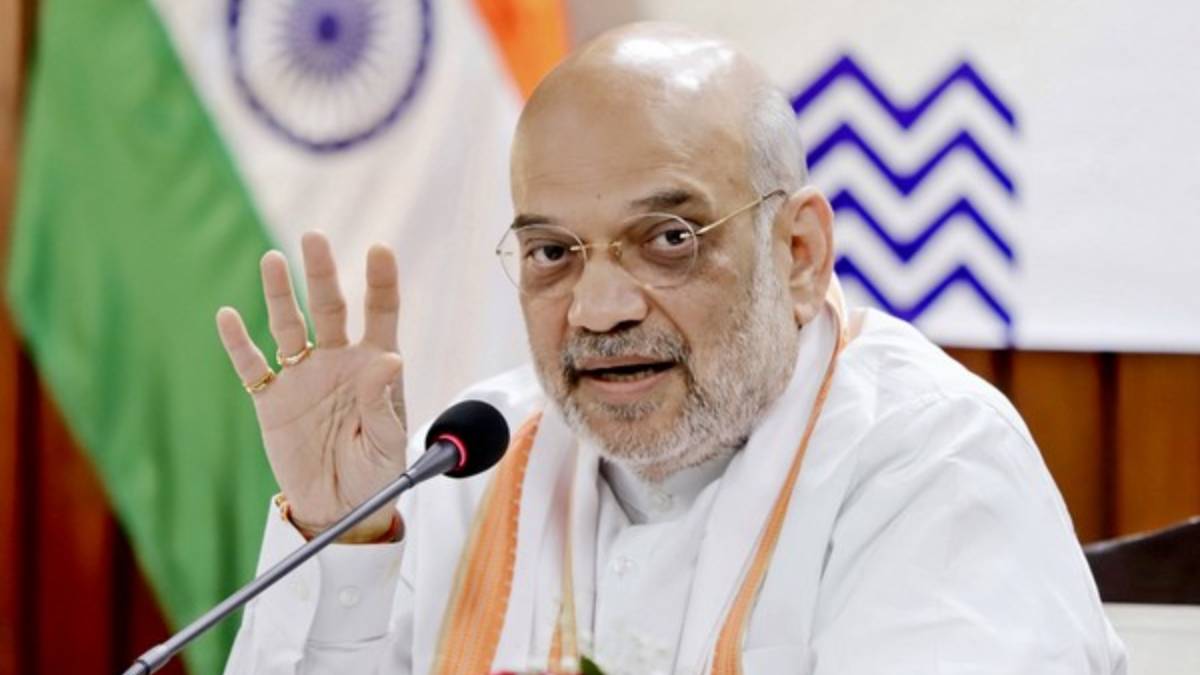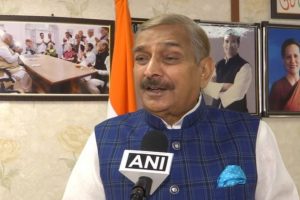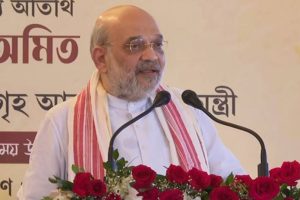Union Home Minister Amit Shah on Thursday strongly advocated for reclaiming India’s linguistic heritage, declaring that the dominance of English will soon give way to pride in Indian languages, and those who speak only English will eventually feel “ashamed” in a society built on native tongues.
Speaking at the book launch of ‘Main Boond Swayam, Khud Sagar Hoon’ by former IAS officer Ashutosh Agnihotri, Shah said, “In this country, those who speak English will soon feel ashamed—the creation of such a society is not far away. Only those who are determined can bring about change. Our languages are the jewels of our culture. Without them, we are not truly Indian.”
Shah stressed that to understand India’s soul—its history, culture, and religion—foreign languages fall short, asserting that India’s future leadership on the global stage must be rooted in its linguistic and cultural identity.
He reiterated the ‘Panch Pran’ (Five Pledges) laid out by Prime Minister Narendra Modi for the nation’s journey toward 2047—India’s centenary of independence:
- Making India a developed country
- Erasing all traces of colonial mentality
- Taking pride in Indian heritage
- Fostering unity and solidarity
- Awakening a sense of duty among all citizens
“These pledges have become the resolve of 130 crore Indians, and our languages will play a vital role in taking us to the top by 2047,” Shah said.
Calling for reforms in the training of civil servants, the Home Minister said administrative systems should be infused with empathy, a quality he believes was stripped during British rule and never restored.
“Rarely are officers trained to introduce empathy into governance. That’s because the model was inspired by the British era. But a ruler or administrator without empathy cannot achieve true governance,” Shah stated.
He also lauded literature as a pillar of India’s identity: “Even during the darkest times in our history, literature kept the flame of religion, freedom, and culture alive. When the government changed, no one objected. But when someone dared to touch our culture, religion or literature, society rose up and resisted.”
Shah’s remarks signal the government’s continuing cultural agenda, placing Indian languages, traditions, and heritage at the heart of its vision for a self-confident, post-colonial India.





